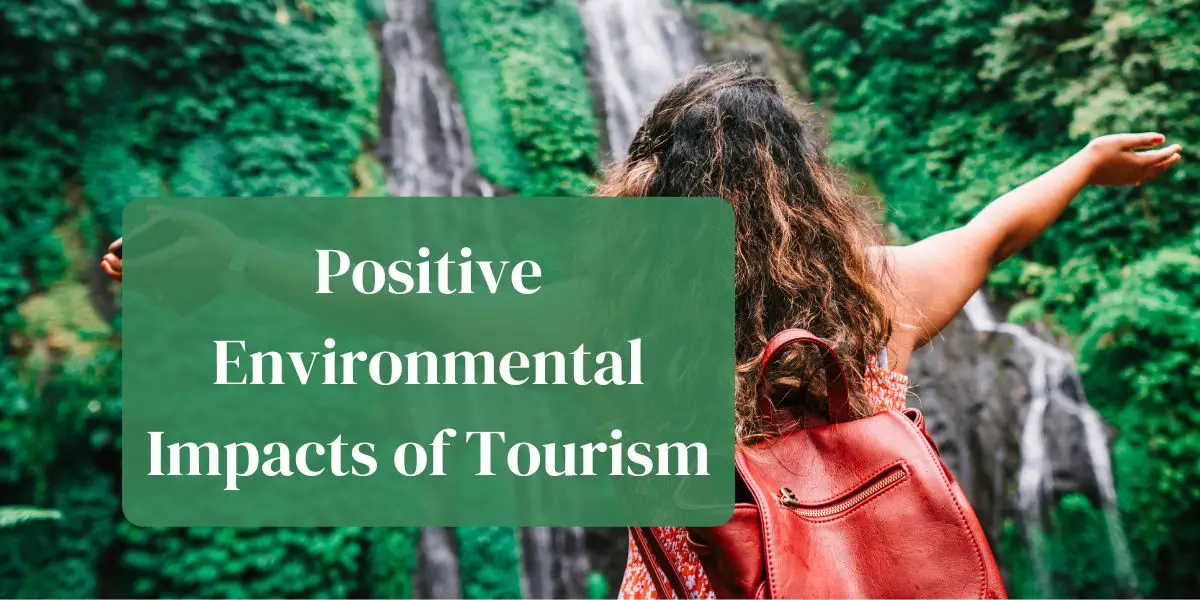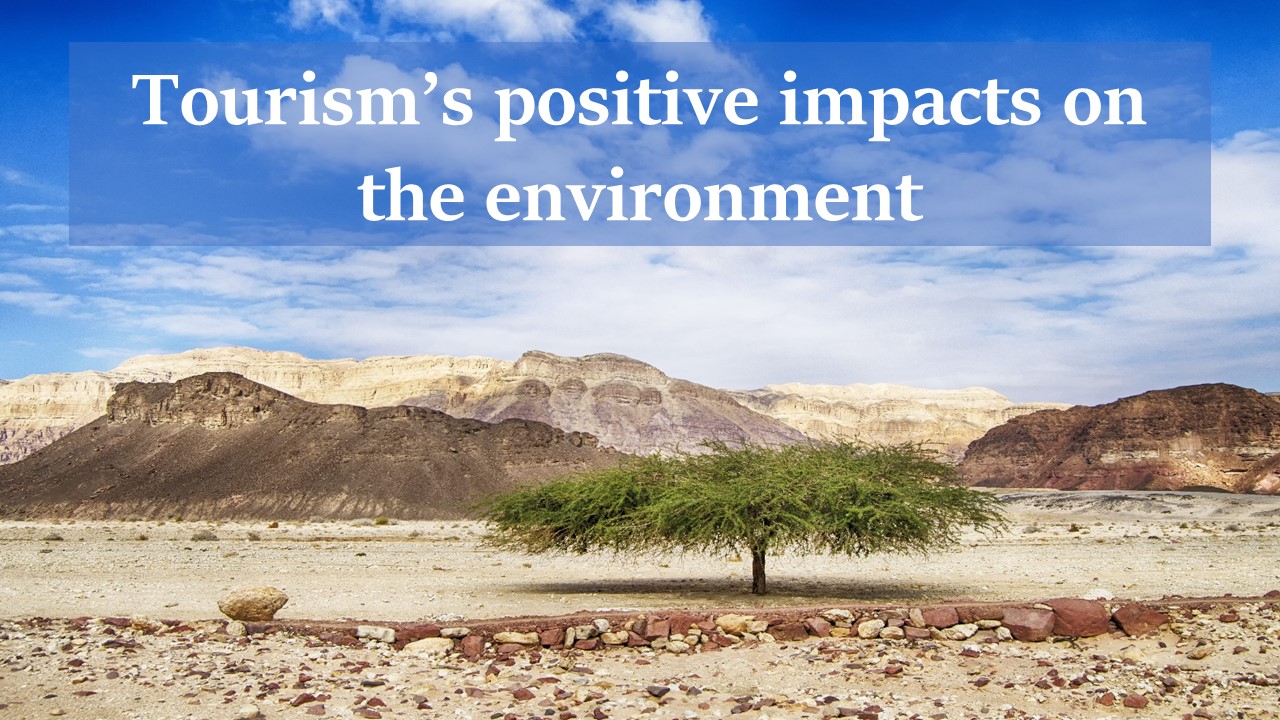Social economic and environmental impacts of tourism – The social, economic, and environmental impacts of tourism form a complex tapestry that weaves together the benefits and challenges of this global industry. From its transformative effects on local communities to its potential consequences for the natural world, tourism presents a multifaceted narrative that demands exploration.
As we delve into this intricate topic, we will uncover the ways in which tourism shapes employment, income, and infrastructure. We will examine its influence on local cultures and traditions. Moreover, we will assess the environmental footprint of tourism, considering its impact on transportation, accommodation, and activities.
By understanding these multifaceted dimensions, we can navigate the complexities of tourism and harness its potential for sustainable development.
Socioeconomic Impacts of Tourism
Tourism has a significant impact on the socioeconomic well-being of destinations. It can create employment opportunities, boost income generation, and contribute to the development of local businesses and infrastructure. However, it can also lead to social and cultural changes that may not always be positive.
Employment and Income Generation
Tourism is a major employer in many destinations, providing jobs in various sectors such as hospitality, transportation, and retail. The creation of these jobs can lead to increased income for local communities and improved living standards. However, it is important to ensure that tourism jobs are accessible to local residents and that they offer fair wages and working conditions.
Local Businesses and Infrastructure
Tourism can stimulate the development of local businesses, such as restaurants, shops, and tour operators. This can lead to increased competition and innovation, as well as the creation of new products and services tailored to tourists. Tourism can also lead to the development of infrastructure, such as roads, airports, and hotels, which can benefit both tourists and local residents.
Social and Cultural Changes
Tourism can bring about social and cultural changes in destinations. The influx of tourists can lead to changes in local customs, traditions, and values. It can also lead to increased interaction between tourists and local residents, which can have both positive and negative effects.
For example, it can lead to increased understanding and tolerance, but it can also lead to conflicts and misunderstandings.
Finish your research with information from eco vacations caribbean.
Environmental Impacts of Tourism
Tourism can have a significant impact on the environment, both positive and negative. On the one hand, tourism can generate revenue that can be used to protect and conserve natural resources. On the other hand, tourism can also lead to pollution, deforestation, and water scarcity.
Transportation
Transportation is one of the most significant contributors to the environmental impacts of tourism. Air travel, in particular, is a major source of greenhouse gas emissions. In addition, transportation can also lead to noise pollution and traffic congestion.
Obtain direct knowledge about the efficiency of where does ecotourism take place through case studies.
Accommodation, Social economic and environmental impacts of tourism
Accommodation is another major contributor to the environmental impacts of tourism. Hotels and resorts can use large amounts of energy and water, and they can also produce a lot of waste. In addition, the construction of new hotels and resorts can lead to deforestation and habitat loss.
Discover more by delving into how can tourism be managed further.
Activities
Tourist activities can also have a negative impact on the environment. For example, off-road vehicles can damage vegetation and wildlife, and water sports can pollute waterways.
Mitigation Measures
There are a number of measures that can be taken to mitigate the environmental impacts of tourism. These measures include:* Promoting sustainable transportation options, such as public transportation, walking, and biking
- Encouraging the use of energy-efficient and water-efficient appliances and fixtures in hotels and resorts
- Reducing waste production by recycling and composting
- Protecting natural resources by establishing protected areas and promoting sustainable land use practices
- Educating tourists about the environmental impacts of their activities and encouraging them to make responsible choices
Economic Benefits of Tourism
Tourism is a major economic driver, generating jobs, tax revenue, and foreign exchange earnings. In 2019, the global tourism industry contributed $9.2 trillion to the global GDP and employed over 330 million people worldwide.
Job Creation
Tourism creates jobs in various sectors, including hospitality, transportation, food and beverage, retail, and entertainment. These jobs can provide employment opportunities for people with diverse skills and education levels. For example, a study by the World Travel & Tourism Council found that in 2019, the tourism sector in the United States supported over 9.5 million jobs.
You also will receive the benefits of visiting factors to be considered in ecotourism today.
Tax Revenue
Tourism generates tax revenue for local and national governments. This revenue can be used to fund public services, such as infrastructure, education, and healthcare. For example, in the United Kingdom, the tourism industry contributed £22.5 billion in tax revenue in 2019.
Foreign Exchange Earnings
Tourism can earn foreign exchange for countries, especially those with a large number of international visitors. This foreign exchange can be used to import goods and services, invest in infrastructure, and reduce foreign debt. For example, in Thailand, tourism accounted for over 20% of the country’s GDP in 2019, and was a major source of foreign exchange earnings.
Environmental Costs of Tourism
Tourism, while offering economic benefits, also has environmental costs that must be considered. These costs include air and water pollution, waste generation, and habitat destruction.
Air and Water Pollution
Tourism activities can contribute to air and water pollution through various means. For instance, transportation, particularly air travel, releases greenhouse gases that contribute to climate change. Furthermore, waste generated by tourists, such as plastic bottles and food scraps, can end up in landfills or pollute natural environments.
Waste Generation
Tourism generates significant amounts of waste, including packaging, food scraps, and wastewater. Improper waste management can lead to environmental degradation, such as litter on beaches or plastic pollution in oceans.
Habitat Destruction
Tourism development can result in habitat destruction, especially in fragile ecosystems. For example, the construction of hotels and resorts may require clearing forests or converting natural areas into tourist attractions.
Sustainable Tourism Practices: Social Economic And Environmental Impacts Of Tourism
Sustainable tourism is a form of tourism that aims to minimize its negative environmental and social impacts while maximizing its positive contributions. The principles of sustainable tourism include:
- Minimizing environmental impact
- Respecting local cultures
- Supporting local economies
Sustainable tourism initiatives and best practices include:
Reducing environmental impact
- Using renewable energy sources
- Conserving water and other resources
- Reducing waste and pollution
Respecting local cultures
- Learning about and respecting local customs and traditions
- Supporting local businesses and initiatives
- Avoiding activities that are harmful to local cultures
Supporting local economies
- Hiring local staff and using local suppliers
- Investing in local infrastructure and services
- Promoting local products and crafts
Role of stakeholders in promoting and implementing sustainable tourism
Stakeholders in sustainable tourism include tourists, businesses, governments, and local communities. All stakeholders have a role to play in promoting and implementing sustainable tourism practices.Tourists can choose to travel in a sustainable way by:
- Choosing destinations that are committed to sustainable tourism
- Booking tours and accommodations that are environmentally friendly
- Respecting local cultures and traditions
Businesses can implement sustainable tourism practices by:
- Using renewable energy sources
- Conserving water and other resources
- Reducing waste and pollution
- Hiring local staff and using local suppliers
- Investing in local infrastructure and services
- Promoting local products and crafts
Governments can promote sustainable tourism by:
- Developing policies and regulations that support sustainable tourism
- Providing funding for sustainable tourism initiatives
- Educating tourists about sustainable tourism
Local communities can participate in sustainable tourism by:
- Developing and managing tourism resources in a sustainable way
- Participating in tourism planning and decision-making
- Educating tourists about local cultures and traditions
By working together, all stakeholders can help to promote and implement sustainable tourism practices that benefit both tourists and local communities.
Conclusive Thoughts
In conclusion, the social, economic, and environmental impacts of tourism paint a nuanced picture that requires careful consideration. By balancing the benefits of tourism with its potential drawbacks, we can strive for a sustainable approach that safeguards local communities, preserves the environment, and promotes economic growth.
As we continue to explore this dynamic industry, let us remain mindful of the delicate balance between progress and preservation, ensuring that tourism serves as a force for positive change in the world.
FAQ Overview
What are the primary social impacts of tourism?
Tourism can bring about social changes such as increased employment opportunities, improved infrastructure, and cultural exchange. However, it can also lead to overcrowding, displacement of local residents, and the erosion of traditional values.
How does tourism affect the environment?
Tourism activities can contribute to air and water pollution, waste generation, deforestation, and habitat destruction. The transportation of tourists, construction of resorts, and increased consumption of resources can all have negative environmental impacts.
What are the economic benefits of tourism?
Tourism can generate jobs, increase tax revenue, and stimulate economic growth. It can also provide opportunities for local businesses and entrepreneurs.
What are the environmental costs of tourism?
The environmental costs of tourism include air and water pollution, waste generation, habitat destruction, and climate change. These costs can outweigh the economic benefits in some cases.
What are some examples of sustainable tourism practices?
Sustainable tourism practices include minimizing environmental impact, respecting local cultures, and supporting local economies. Examples include using eco-friendly transportation, staying in locally-owned accommodations, and purchasing souvenirs from local artisans.



